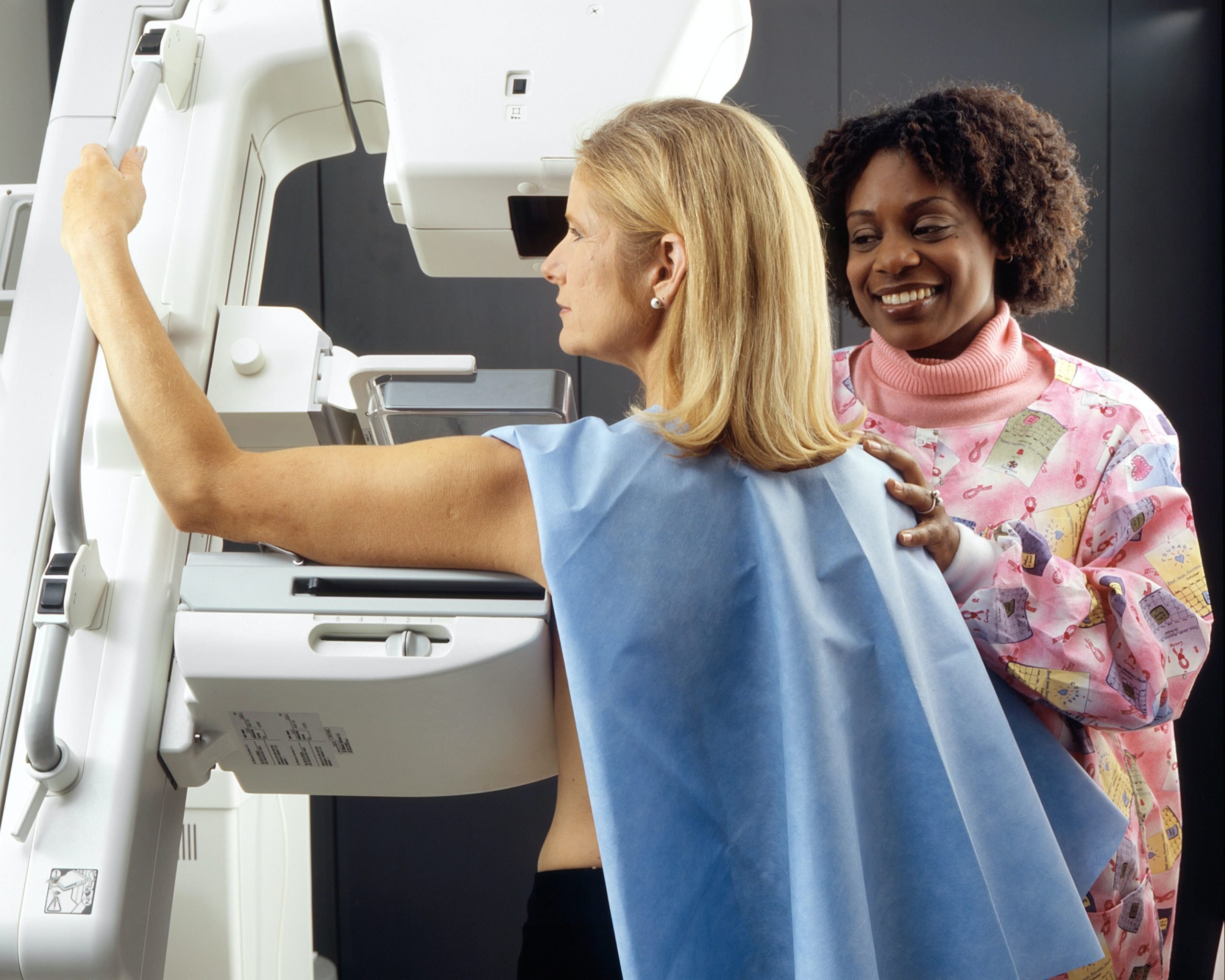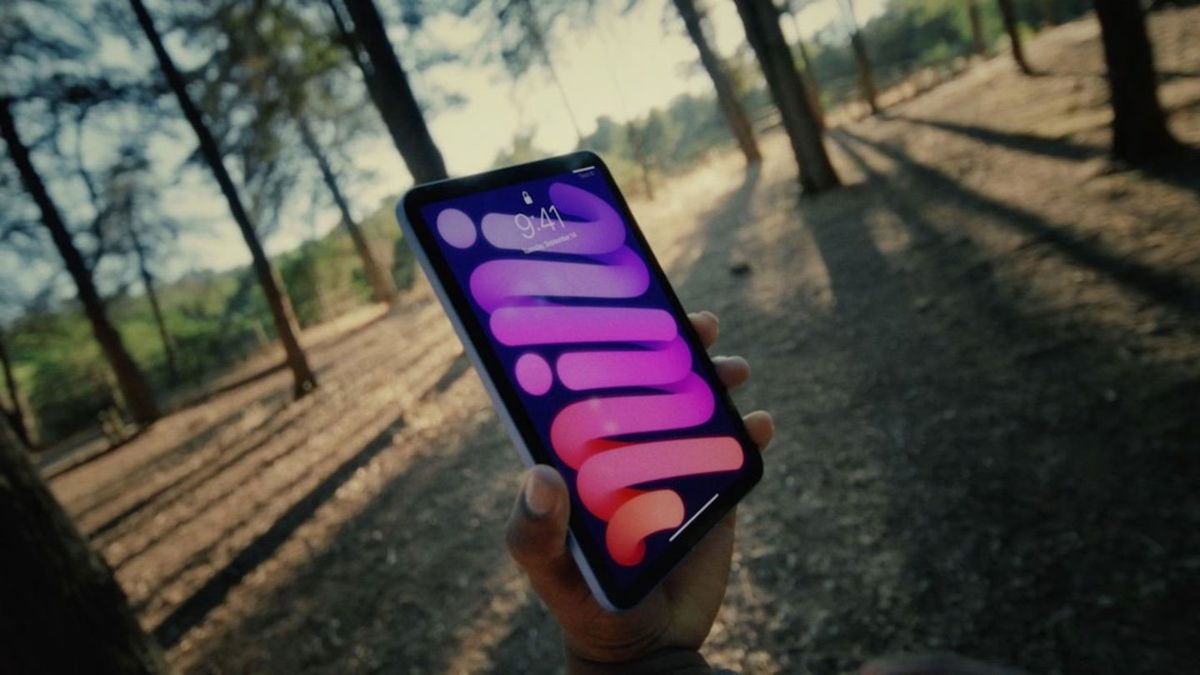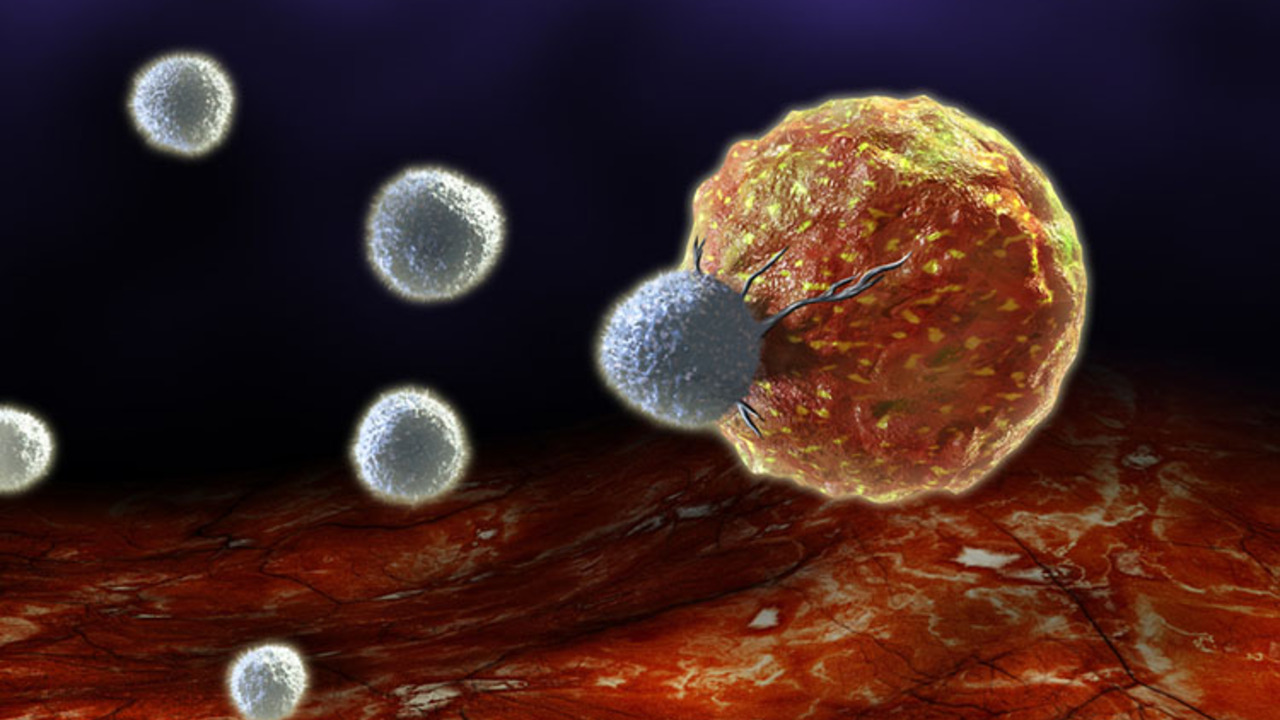Researchers MV Lomonosov and NUST MISiS from Moscow State University have developed a new prodrug against cancer. The scientists’ work has been published in the journal ACS Applied Materials & Interfaces.
Prodrugs are compounds that gain pharmacological activity only after they enter the body. According to scientists, non-toxic platinum compounds that are reduced to the antitumor drug cisplatin in the intracellular environment can become such anti-cancer drugs. However, they often do it prematurely and inefficiently, and at a price they are more expensive than the latter.
One way to overcome these shortcomings is to use photoactive substances in the prodrug that are released under the influence of light, thereby allowing you to control the activity of the compound. The prodrug will remain inactive and stable in the dark, and when it enters the cell and is irradiated with light, it is broken down into cisplatin and other molecules that may themselves be anti-cancer agents.
Russian scientists added platinum prodrug riboflavin – vitamin B structure2 – well absorbed by the body. At the same time, riboflavin is a sensitive photoactive compound that promotes the formation of active radicals in cells under the influence of radiation and leads to their death. Small doses of the drug are sufficient to be activated in the tissue.
The researchers studied the effect of the complex on cultures with properties similar to real tumors. When the lamp was turned on, reactive oxygen species were observed, cisplatin was released, and the toxicity of the compound to cells increased sharply.
Source: Ferra
I am a professional journalist and content creator with extensive experience writing for news websites. I currently work as an author at Gadget Onus, where I specialize in covering hot news topics. My written pieces have been published on some of the biggest media outlets around the world, including The Guardian and BBC News.










